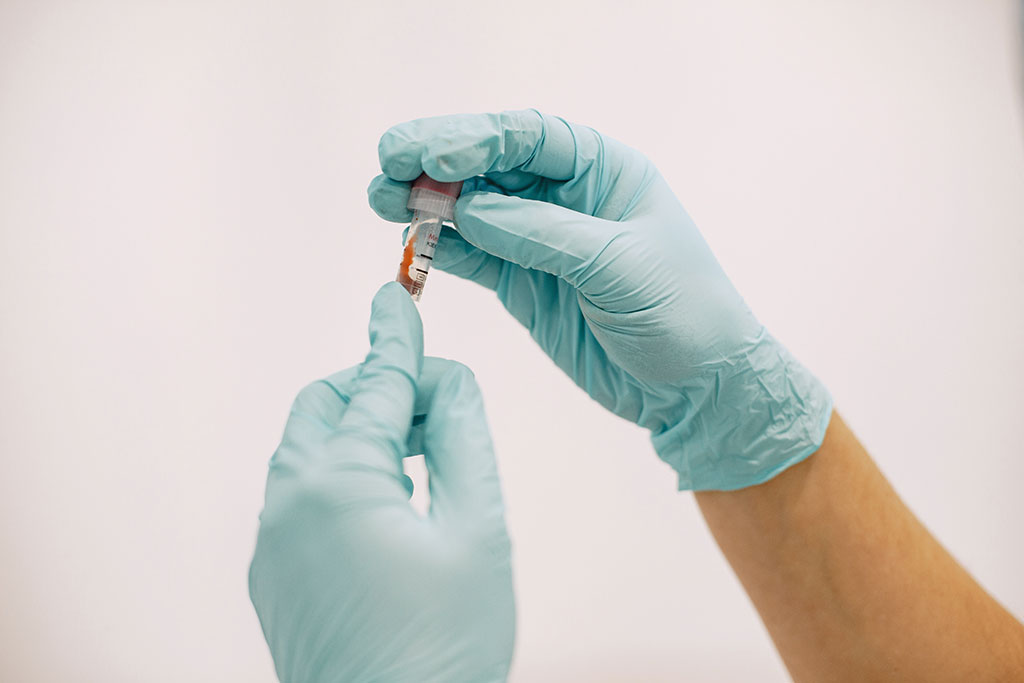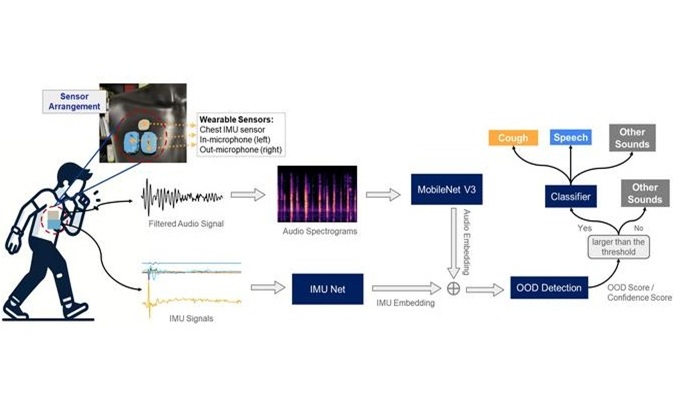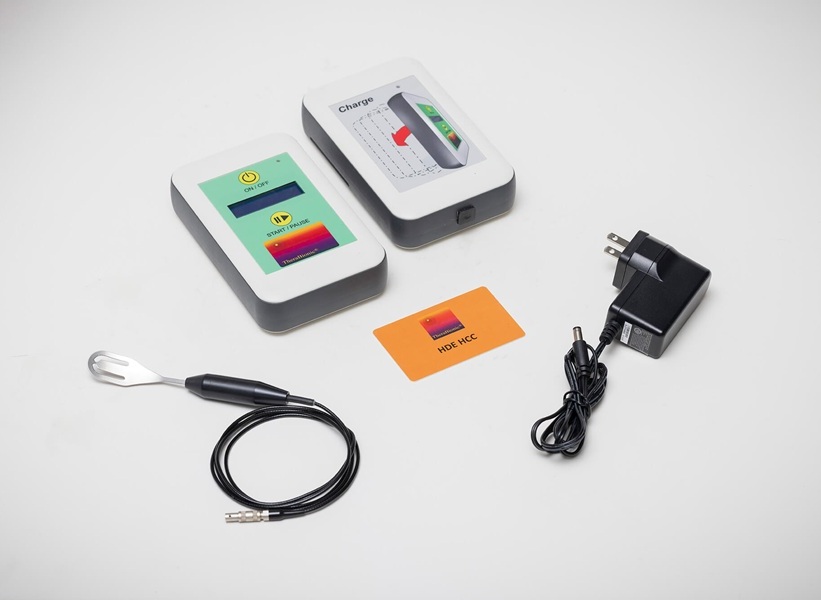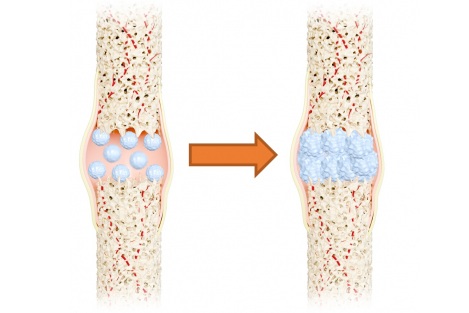Sepsis Host-Response PCR Test Enables Early Targeted Therapies
|
By HospiMedica International staff writers Posted on 29 Mar 2023 |

Sepsis is a leading cause of hospital deaths, resulting in significant human and economic costs. The lack of effective antimicrobials to treat sepsis leads to the death of 11 million people annually. Delayed diagnosis of sepsis can increase the risk of developing septic shock by 4-9% per hour. Early identification of sepsis in patients with ambiguous symptoms can help healthcare professionals provide timely targeted treatment, even before the results of confirmatory tests such as microbiology cultures are available. Now, a host (patient) immune response test can identify 19 mRNA biomarkers of infection, sepsis and septic shock, and can also be used to monitor patient response to treatment.
AcuSept from Acumen Diagnostics Pte. Ltd. (Singapore) is a sepsis host-response blood test based on specific biomarkers that evaluates the host's immune response dysregulation during systemic infection and sepsis by analyzing the gene expression signature of 19 leukocyte mRNA biomarkers, using RT-PCR. The sepsis PCR-based diagnostic test generates results within five hours of patient sample collection.
AcuSept results provide valuable information about infection and sepsis risk and progression. The test can diagnose culture-negative sepsis, which can be difficult to detect using traditional microbiology culture tests that are slower and less sensitive. By overcoming these limitations, AcuSept enables patient triage and monitoring and can be used as a complementary tool to clinical assessments and other diagnostic parameters. AcuSept can inform the selection of appropriate treatment bundles based on the severity risk of sepsis, from early sepsis to severe sepsis and septic shock, and allows for the monitoring of patient response to treatment.
Acumen's clinical studies have demonstrated that AcuSept outperforms other single-biomarker tests in detecting sepsis, and is highly effective in diagnosing culture-negative sepsis. The test's superior positive and negative predictive values enable it to detect infection in patients, providing supplementary information to pathogen identification tests. With AcuSept test results, doctors can gain crucial insights into a patient's condition, allowing for more comprehensive assessments and targeted treatment decisions with greater speed.
Related Links:
Acumen Diagnostics
Latest Point of Care News
Channels
Critical Care
view channel
Origami Robots to Deliver Medicine Less Invasively and More Effectively
Delivering medicine to ulcers or other internal sites often requires invasive procedures that can disrupt surrounding tissues and lengthen recovery times. Traditional magnetic actuators used in soft robotics... Read more
Improved Cough-Detection Technology Aids Health Monitoring
Coughing serves as an important biomarker for tracking a variety of conditions and can help monitor the progress of respiratory diseases or predict when someone’s asthma is being exacerbated.... Read moreSurgical Techniques
view channel
Novel Glue Prevents Complications After Breast Cancer Surgery
Seroma and prolonged lymphorrhea are among the most common complications following axillary lymphadenectomy in breast cancer patients. These postoperative issues can delay recovery and postpone the start... Read more
Breakthrough Brain Implant Enables Safer and More Precise Drug Delivery
Delivering medication directly to specific regions of the brain has long been a major challenge in treating neurological disorders. Current implants and infusion systems typically reach only one or two... Read morePatient Care
view channel
Revolutionary Automatic IV-Line Flushing Device to Enhance Infusion Care
More than 80% of in-hospital patients receive intravenous (IV) therapy. Every dose of IV medicine delivered in a small volume (<250 mL) infusion bag should be followed by subsequent flushing to ensure... Read more
VR Training Tool Combats Contamination of Portable Medical Equipment
Healthcare-associated infections (HAIs) impact one in every 31 patients, cause nearly 100,000 deaths each year, and cost USD 28.4 billion in direct medical expenses. Notably, up to 75% of these infections... Read more
Portable Biosensor Platform to Reduce Hospital-Acquired Infections
Approximately 4 million patients in the European Union acquire healthcare-associated infections (HAIs) or nosocomial infections each year, with around 37,000 deaths directly resulting from these infections,... Read moreFirst-Of-Its-Kind Portable Germicidal Light Technology Disinfects High-Touch Clinical Surfaces in Seconds
Reducing healthcare-acquired infections (HAIs) remains a pressing issue within global healthcare systems. In the United States alone, 1.7 million patients contract HAIs annually, leading to approximately... Read moreHealth IT
view channel
Printable Molecule-Selective Nanoparticles Enable Mass Production of Wearable Biosensors
The future of medicine is likely to focus on the personalization of healthcare—understanding exactly what an individual requires and delivering the appropriate combination of nutrients, metabolites, and... Read moreBusiness
view channel
Philips and Masimo Partner to Advance Patient Monitoring Measurement Technologies
Royal Philips (Amsterdam, Netherlands) and Masimo (Irvine, California, USA) have renewed their multi-year strategic collaboration, combining Philips’ expertise in patient monitoring with Masimo’s noninvasive... Read more
B. Braun Acquires Digital Microsurgery Company True Digital Surgery
The high-end microsurgery market in neurosurgery, spine, and ENT is undergoing a significant transformation. Traditional analog microscopes are giving way to digital exoscopes, which provide improved visualization,... Read more
CMEF 2025 to Promote Holistic and High-Quality Development of Medical and Health Industry
The 92nd China International Medical Equipment Fair (CMEF 2025) Autumn Exhibition is scheduled to be held from September 26 to 29 at the China Import and Export Fair Complex (Canton Fair Complex) in Guangzhou.... Read more
















